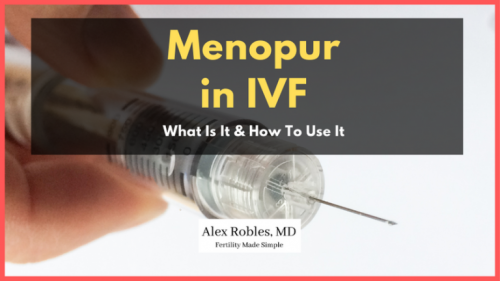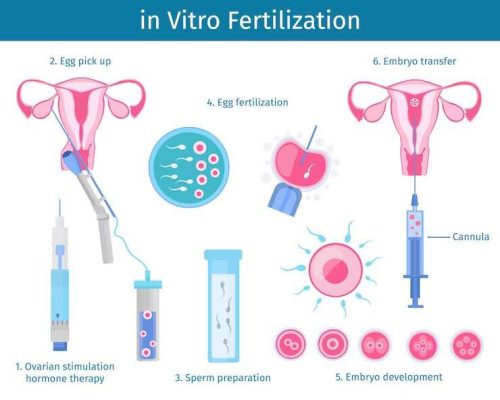Can IVF Cause Cancer? Unpacking the Facts, Myths, and Latest Research
When you’re thinking about starting a family through in vitro fertilization (IVF), it’s natural to have questions—and maybe even some worries. One big question that pops up a lot is whether IVF could increase your risk of cancer, either for you or your future child. It’s a heavy topic, and with so much info floating around online, it can feel overwhelming to sort out what’s true. The good news? We’re here to break it all down for you—plain and simple. We’ll dig into the science, look at what’s new in 2025, and give you practical takeaways to feel confident about your choices.
IVF has helped millions of people become parents since it first started in the late 1970s. But because it involves hormones and medical procedures, some wonder if it might come with hidden risks, like cancer. Let’s explore this together, step by step, with the latest research and a fresh perspective you won’t find everywhere else.
What Is IVF, Anyway?
IVF is a process where doctors help you get pregnant by combining an egg and sperm outside the body, then placing the embryo into the uterus. It’s often used when other methods don’t work—like if there’s a blockage in the fallopian tubes or issues with sperm count. To make it happen, women take hormone medications to boost egg production, which gets the ovaries working overtime.
These hormones—like clomiphene citrate or gonadotropins—mimic what your body does naturally, just on a bigger scale. That’s where the cancer question comes in: Could pumping up those hormones raise your risk? And what about the kids born from IVF? Let’s dive into the evidence and see what it says.
Does IVF Increase Cancer Risk for Women?
The idea that IVF might cause cancer often stems from the hormones used. Some cancers—like breast, ovarian, and uterine—are sensitive to hormones, so it makes sense to wonder if extra doses could tip the scales. Here’s what we know based on solid research up to April 2025.
Breast Cancer: No Clear Link
Breast cancer is one of the most common worries. After all, estrogen and progesterone can fuel certain types of breast tumors. Since IVF ramps up these hormones, could it be a trigger?
The answer, thankfully, seems to be no. A massive study from the Netherlands, published in 2016, followed over 25,000 women for more than 20 years. It found that women who went through IVF had no higher risk of breast cancer compared to those who didn’t. Fast forward to 2023, and a review in Human Reproduction of over 600,000 women across multiple countries backed this up—no significant increase, even after multiple IVF cycles.
But here’s a twist that doesn’t get talked about enough: women who struggle with infertility might already have a slightly higher breast cancer risk, IVF or not. Things like not having kids (nulliparity) or conditions like polycystic ovary syndrome (PCOS) can play a role. So, it’s not the IVF itself—it might be the underlying fertility challenges.
Practical Tip: If you’re worried about breast cancer, chat with your doctor about your personal risk factors—like family history or age—before starting IVF. Regular mammograms are still your best friend, whether you do IVF or not.
Ovarian Cancer: A Small Question Mark
Ovarian cancer is trickier. The ovaries get a workout during IVF, producing lots of eggs at once. Some older theories—like the “incessant ovulation” idea—suggested that stressing the ovaries might increase cancer risk over time.
Here’s the scoop: A 2020 study from the Netherlands Cancer Institute (the OMEGA study) tracked over 40,000 women for decades. It found that IVF didn’t raise the risk of invasive ovarian cancer, even after 20+ years. But there was a catch—women who’d had IVF were twice as likely to develop borderline ovarian tumors, which are less aggressive and often treatable. The risk jumped from 0.2% to 0.3% in women over 55—not huge, but worth noting.
Why the difference? Researchers think it might not be IVF itself, but infertility. Women who don’t have kids naturally tend to ovulate more over their lifetime, which could nudge the risk up slightly. A 2024 update from the National Cancer Institute echoed this: no clear tie to IVF, but more study is needed on long-term effects.
Action Step: Ask your fertility specialist about ovarian health monitoring—like ultrasounds—during and after IVF. It’s a simple way to stay proactive.
Uterine Cancer: Mostly Reassuring
Uterine (or endometrial) cancer is another hormone-sensitive cancer, so IVF’s progesterone and estrogen use raises eyebrows. A 2013 study of over 12,000 women in Human Reproduction found no uptick in uterine cancer risk after fertility drugs. More recent data from 2022, published by the American Society for Reproductive Medicine (ASRM), agrees: no solid link.
One thing to watch? Women with PCOS or obesity—common in infertility—might have a higher baseline risk because of unopposed estrogen (when estrogen isn’t balanced by progesterone). IVF, though, uses both hormones, which might actually lower that risk compared to no treatment.
Quick Advice: Keep up with yearly gyno visits. If you’ve got PCOS, managing weight and hormones could be a double win for fertility and cancer prevention.
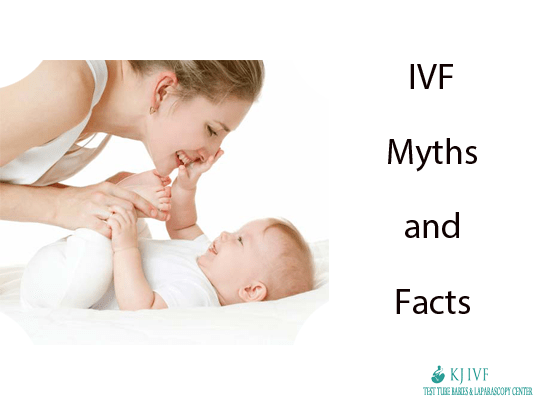
What About Cancer in IVF Babies?
Now, let’s shift gears: Could IVF affect your child’s cancer risk? It’s a question that hits hard for any parent-to-be. The process involves lab-grown embryos and sometimes frozen eggs or sperm—does that change anything for the baby?
The Big Picture: A Slight Increase, But Rare
A landmark 2019 study in JAMA Pediatrics looked at over 275,000 IVF kids and found a small uptick in cancer risk—about 17% higher than kids conceived naturally. That sounds scary, right? But here’s the context: cancer in kids is super rare. The study saw 321 cancer cases in IVF kids versus an expected 266—a tiny absolute risk, like one extra case per 1,000 kids.
The cancers that popped up more? Hepatic (liver) tumors and certain leukemias. But researchers couldn’t pin it on IVF itself. It might be tied to preterm birth or low birth weight—things that happen more often in IVF pregnancies, especially with twins.
A 2023 Dutch study in Human Reproduction flipped the script, though. Following 24,000 IVF kids, it found no increased cancer risk compared to naturally conceived kids. The difference? Better tech and single-embryo transfers, which cut down on premature births.
Parent Takeaway: Opting for single-embryo transfer (SET) could lower risks tied to prematurity. Talk to your clinic about it—it’s safer for you and the baby.
Epigenetics: The Hidden Factor
Here’s something fresh that’s not all over the top Google results: epigenetics. This is how genes get “switched” on or off without changing DNA. Some studies—like one from 2021 in Nature Reviews Genetics—suggest IVF might tweak epigenetic patterns in embryos, especially with freezing or lab handling. Could that raise cancer risk later? Maybe, but we don’t have hard proof yet. It’s a hot topic in labs right now, and 2025 research is digging deeper.
What You Can Do: Ask your clinic about their embryo-handling techniques. Newer methods, like vitrification (a fast-freeze process), might minimize these changes.
Busting Myths: What Doesn’t Cause Cancer in IVF
There’s a lot of noise out there, so let’s clear up some myths with facts.
- Myth: Fertility drugs are cancer bombs.
Fact: Studies—like the ASRM’s 2022 guidelines—show no consistent link between drugs like clomiphene or gonadotropins and cancer. The doses are short-term, not a lifetime exposure. - Myth: IVF kids are doomed to get cancer.
Fact: The absolute risk is tiny, and newer IVF practices are shrinking it even more. Most IVF kids grow up healthy. - Myth: More IVF cycles = more cancer.
Fact: A 2013 Israeli study found no significant risk jump even after four+ cycles. It’s not about quantity—it’s about your body’s baseline.
Interactive Quiz: How Much Do You Know About IVF and Cancer?
Let’s make this fun! Take a quick quiz to test your knowledge—and stick around for the answers.
- Does IVF increase breast cancer risk?
A) Yes, by a lot
B) No, studies say it’s safe
C) Only if you do it 10 times - What’s one cancer type slightly higher in IVF kids?
A) Brain cancer
B) Liver tumors
C) Skin cancer - Can infertility itself affect cancer risk?
A) Nope, it’s all about IVF
B) Yes, even without IVF
C) Only in men
Answers: 1) B, 2) B, 3) B. How’d you do? If you got 3/3, you’re a pro already!
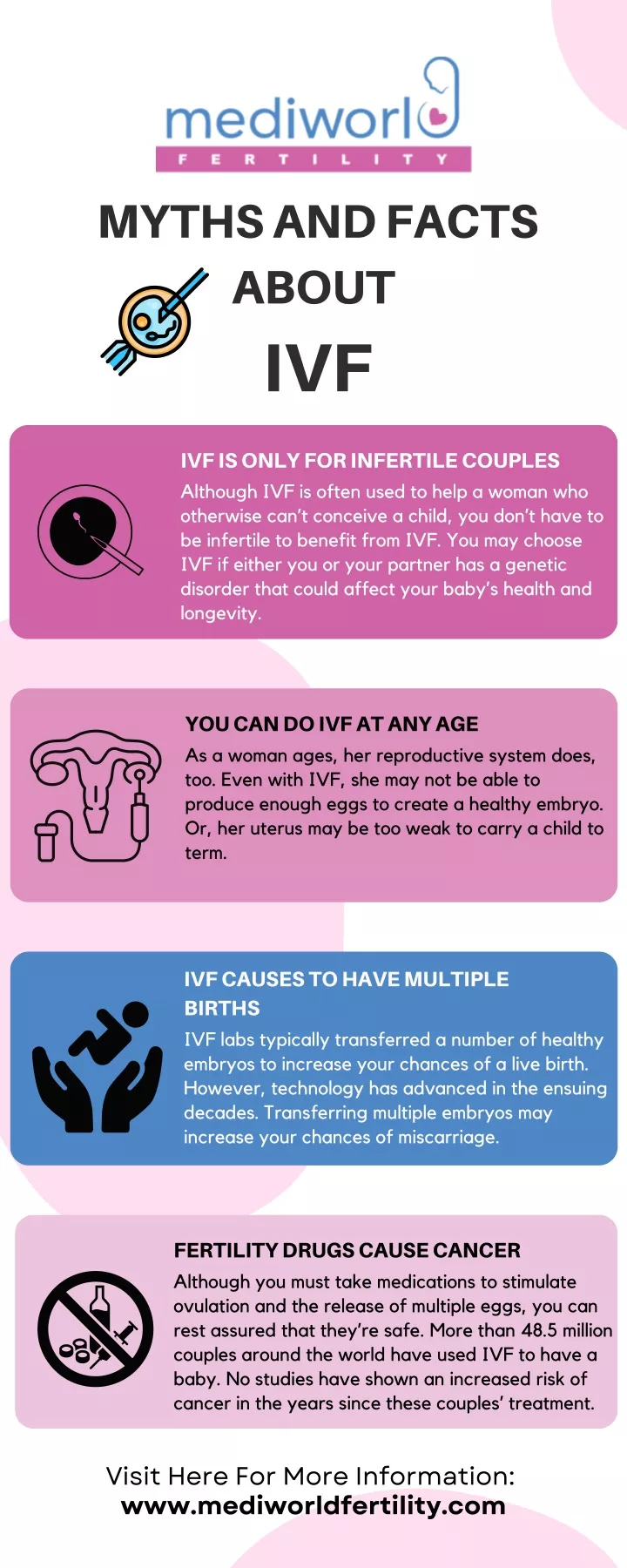
New Angles You Won’t Find Everywhere
Most articles stop at the big studies, but let’s go deeper with three points that don’t get enough airtime.
1. The Age Factor: IVF Later in Life
If you’re over 40 and considering IVF, you might wonder if age plus hormones equals trouble. A 2019 study in ScienceDirect followed women who started IVF at 40+. After 20 years, no extra cancer risk showed up compared to peers who didn’t do IVF. Age is a cancer risk on its own, but IVF doesn’t seem to pile on. Still, older moms might face more pregnancy complications—something to weigh with your doc.
2. Men’s Role: Sperm Quality and Cancer
Here’s a curveball: what about the guys? Sperm issues often lead to IVF with intracytoplasmic sperm injection (ICSI), where one sperm is injected into an egg. A 2022 study in Fertility and Sterility hinted that severe male infertility might tie to epigenetic quirks in kids, possibly upping cancer odds. It’s early days, but it’s a reminder that both partners’ health matters.
Couple’s Tip: Guys, get a checkup too. Healthy sperm could mean healthier outcomes—IVF or not.
3. Long-Term Tracking: Where’s the Data?
Unlike countries like Sweden or Israel, the U.S. doesn’t have a national IVF registry to track patients long-term. A 2018 STAT News piece pointed out this gap—without it, we’re guessing more than we should. Imagine if we had 40-year data on IVF moms and kids? We’d know so much more. For now, we lean on shorter studies and overseas stats.
Your Move: If you’re in an IVF study, join it! More data helps everyone.
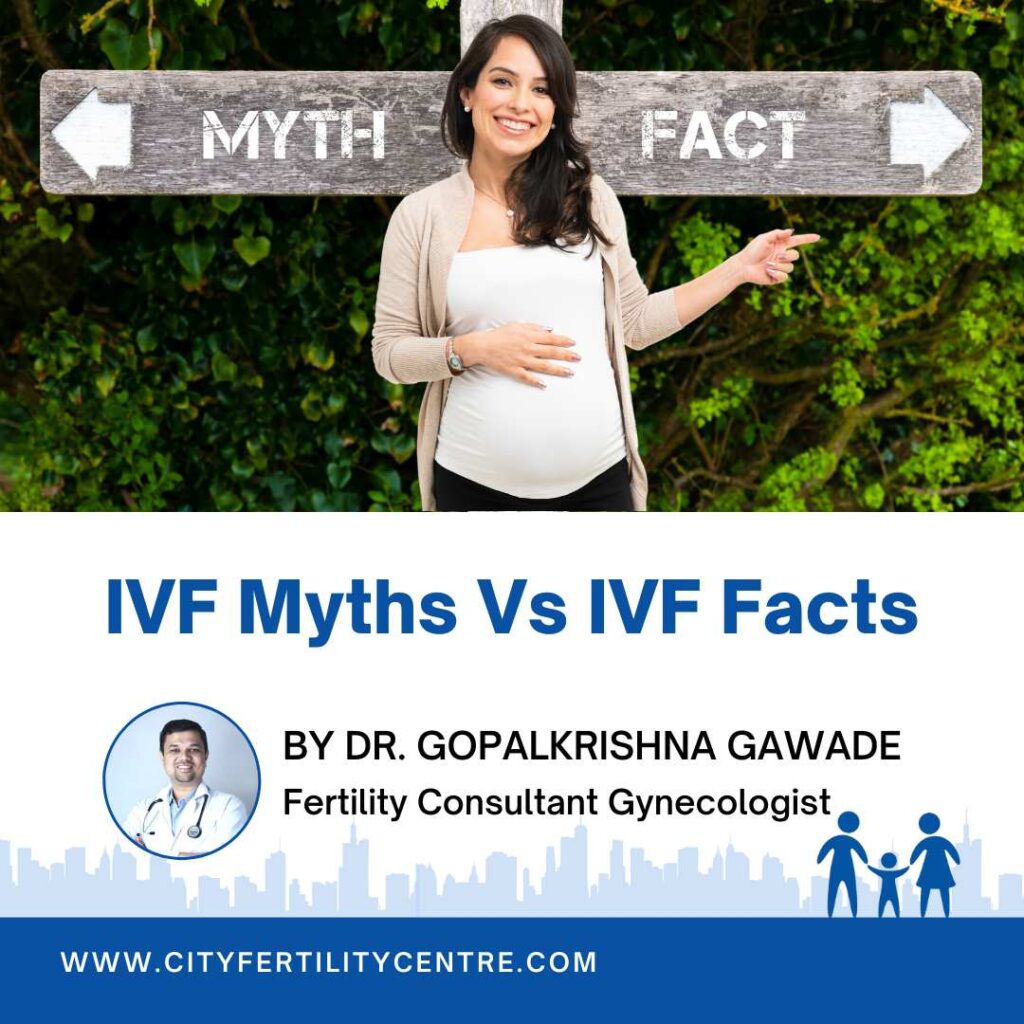
Real Stories: Putting a Face to the Facts
Numbers are great, but stories hit home. Meet Sarah, a 38-year-old mom from California. She did three IVF rounds in 2020 and had twins in 2021. “I was terrified about cancer,” she says. “My aunt had breast cancer, so it felt personal. But my doctor walked me through the studies, and I felt okay going for it.” Today, her kids are thriving, and her latest mammogram was clear.
Then there’s Mike, a dad whose son was born via IVF in 2019. “I read about the kid cancer risk and panicked,” he admits. “But when I saw how rare it was—like winning the worst lottery ever—I calmed down. We’re just extra careful with checkups now.”
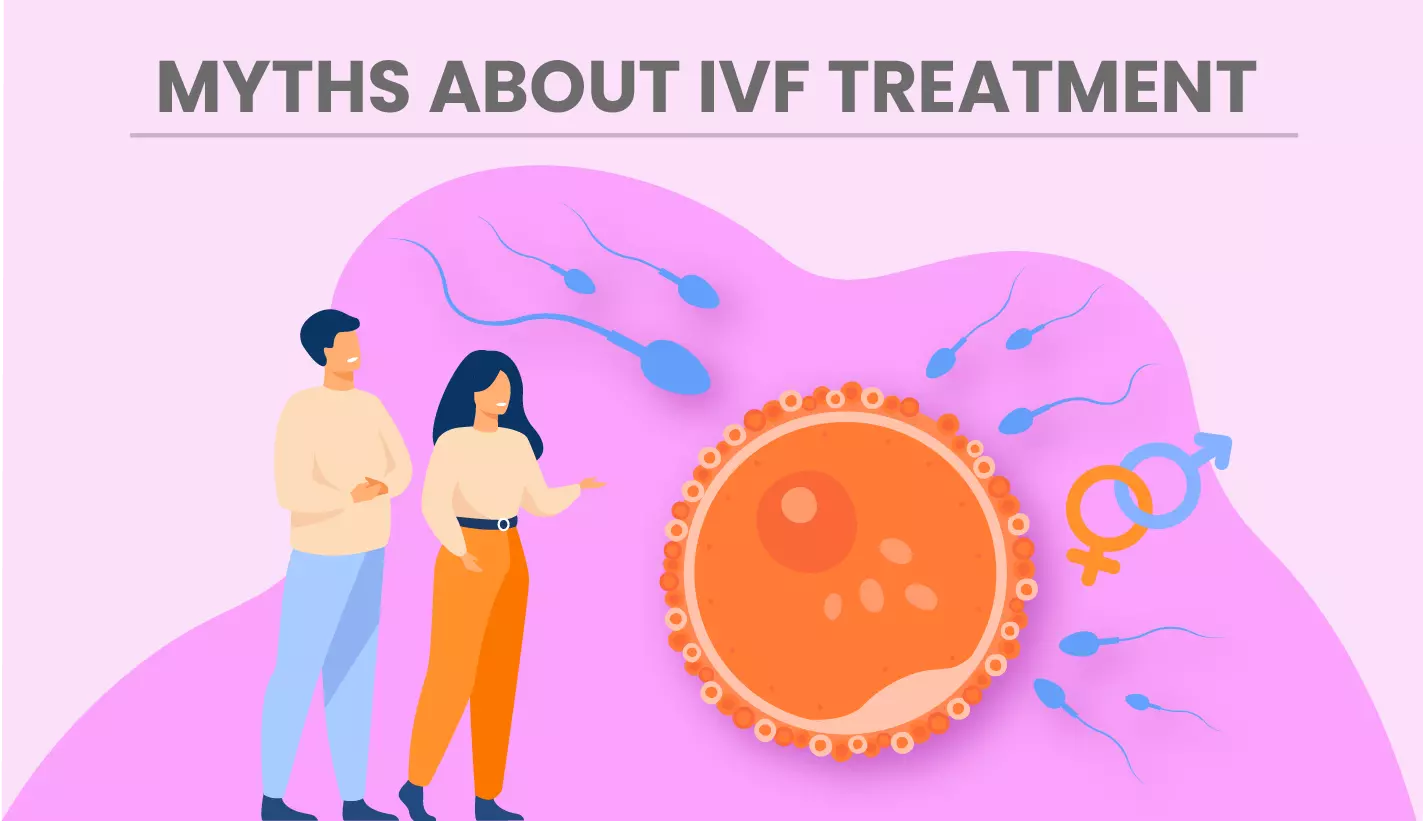
Your Action Plan: Making IVF Decisions with Confidence
So, where does this leave you? Here’s a practical guide to feel good about your next steps.
Before IVF
- Talk Risks: Sit down with your fertility doc and ask about your personal cancer risks—family history, infertility causes, the works.
- Check Up: Get a full health screen—mammogram, pelvic exam, even a sperm analysis for him.
- Single Embryo: Consider SET to cut prematurity risks for the baby.
During IVF
- Monitor Ovaries: Ask for regular ultrasounds to keep tabs on your ovaries.
- Stay Calm: Hormones can mess with your mood—lean on support groups or a counselor.
After IVF
- Follow Up: Keep up with cancer screenings—yearly for breasts, every few years for ovaries.
- Kid Care: Schedule regular pediatric visits to catch anything early, though chances are slim.
Poll: What’s Your Biggest IVF Worry?
We want to hear from you! Pick one and drop your vote in the comments:
- A) Cancer risk for me
- B) Cancer risk for my baby
- C) Cost of IVF
- D) Something else (tell us!)
Your input keeps this convo real—and might help someone else too.
The Bottom Line: IVF in 2025
After sifting through the latest research—up to April 2025—here’s the deal: IVF doesn’t seem to cause cancer for women or their kids in any big, proven way. For women, breast, ovarian, and uterine cancer risks stay steady, with infertility itself possibly playing a bigger role than the treatment. For kids, there’s a slight bump in rare cancers, but it’s shrinking as IVF gets smarter with single embryos and better tech.
What’s new? We’re looking at epigenetics, older moms, and even dads’ contributions—stuff that’s just starting to bubble up. And while the data’s solid, gaps like long-term U.S. tracking mean we’re still learning.
You’ve got this. Armed with facts, a chat with your doctor, and a plan, you can step into IVF feeling informed, not afraid. Cancer’s a big word, but the risks here are small—and the reward? That could be a little face smiling back at you someday.


